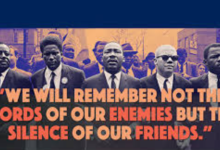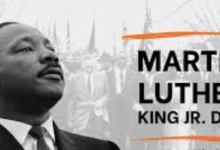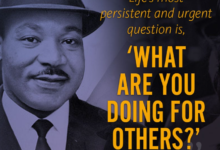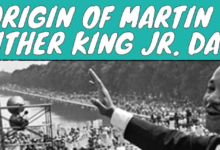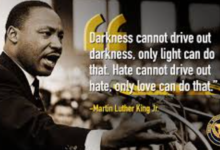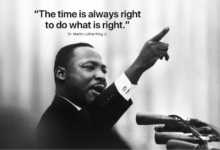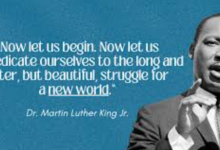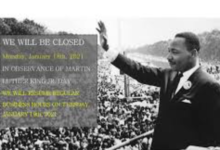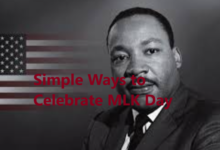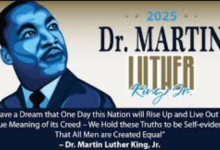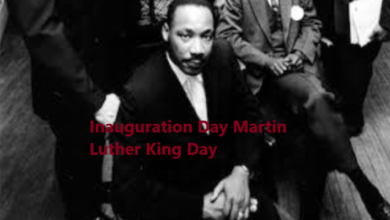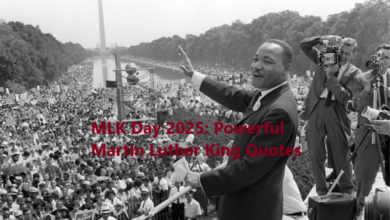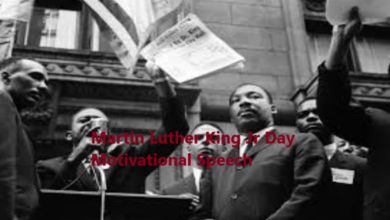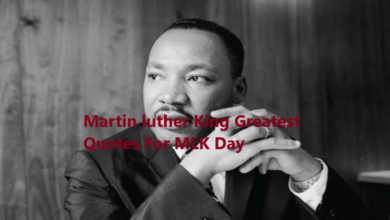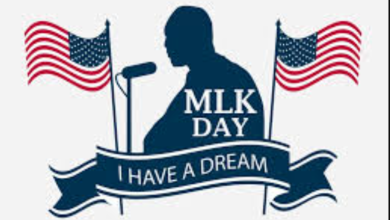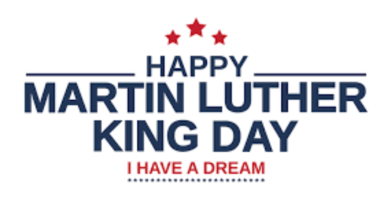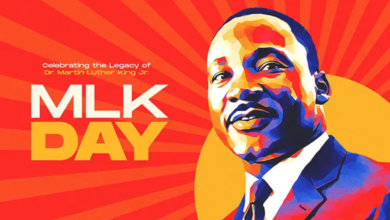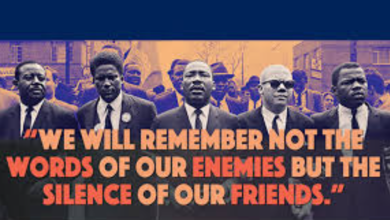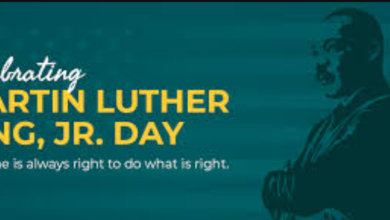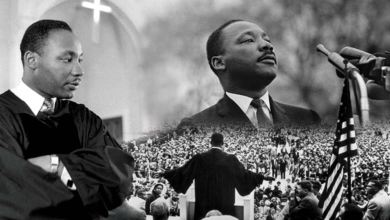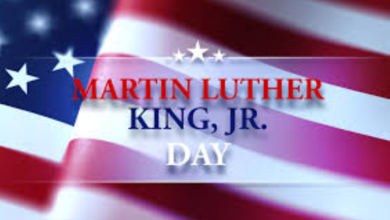Why Do We Celebrate Martin Luther King Jr Day
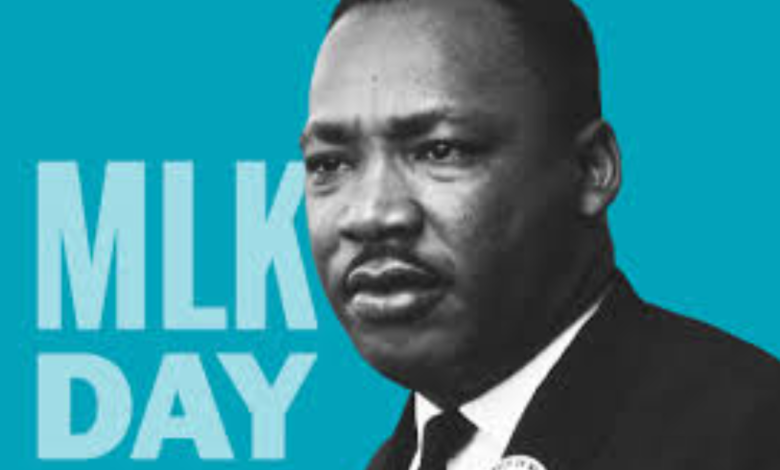
Each year, on the third Monday of January, Americans pause to honor one of the most influential and inspiring figures of the 20th century—Dr. Martin Luther King Jr. But why exactly do we dedicate a day to celebrating his life and legacy? And what does Martin Luther King Jr. Day signify in the greater context of American history and values?
This blog seeks to answer these questions and offers insight into how this day encourages reflection, action, and a commitment to justice and unity.
The Life of Dr. Martin Luther King Jr.
Who Was Martin Luther King Jr.?
Dr. Martin Luther King Jr. was an influential pastor, activist, and leader of the Civil Rights Movement in the 1950s and 1960s. Born on January 15, 1929, in Atlanta, Georgia, his upbringing in the segregated South shaped his commitment to equality and justice. King believed in achieving societal change through nonviolent means, inspired by figures like Mahatma Gandhi.
He was a leading force in pivotal moments of the Civil Rights Movement, from the Montgomery Bus Boycott to the March on Washington. King’s unwavering dedication to racial equality and his eloquent advocacy for nonviolence solidified his role as a global figure for human rights.
Landmark Achievements
To truly understand why Martin Luther King Jr. is celebrated, it’s important to revisit his accomplishments:
- The Montgomery Bus Boycott (1955-1956): A key step toward dismantling segregation in public transportation. King emerged as a prominent leader during this 381-day protest.
- The “I Have a Dream” Speech (1963): Delivered during the March on Washington for Jobs and Freedom, King’s powerful words outlined his vision of racial equality and harmony.
- The Civil Rights Act (1964): His activism was instrumental in the passage of this landmark legislation, which ended segregation in public places and banned employment discrimination.
- Nobel Peace Prize (1964): King’s commitment to nonviolence was recognized globally when he became the youngest recipient of the Nobel Peace Prize at the age of 35.
Though tragically assassinated in 1968, King’s legacy endures as a blueprint for equality, nonviolent resistance, and the pursuit of justice.
The Origins of Martin Luther King Jr. Day
The Long Road to Recognition
Shortly after King’s assassination, advocates began pushing for a national holiday to commemorate his life. However, the journey toward establishing Martin Luther King Jr. Day as a federal holiday was met with resistance.
For nearly 15 years, lawmakers and activists, including musician Stevie Wonder, campaigned tirelessly. The turning point came in 1983 when President Ronald Reagan signed the King holiday bill into law, designating the third Monday of January as the official holiday. The first nationwide observance took place on January 20, 1986. However, it wasn’t until 2000 that all 50 states officially recognized the day.
Why January?
Martin Luther King Jr. Day falls on the third Monday of January each year, coinciding with King’s birthday, which is on January 15. The timing is symbolic, emphasizing the importance of reflecting on King’s life early in the year, as people consider the principles they’ll carry forward in the months ahead.
The Significance of Martin Luther King Jr. Day
A Reminder of the Fight for Equality
Martin Luther King Jr. Day is more than just a day off work or school—it is a time to honor King’s monumental contributions and to reflect on the ongoing struggle for racial and social justice. While progress has been made, systemic inequalities persist, making King’s message as relevant today as it was in his time.
A Celebration of Nonviolent Activism
One of King’s defining characteristics was his steadfast belief in achieving change through nonviolent resistance. His leadership and courage serve as a reminder that peaceful methods can overcome hatred and oppression.
Inspiring Civic Engagement
The holiday also serves as a call to action. Many organizations and communities honor King’s legacy with events like marches, educational programs, and service projects. The Martin Luther King Jr. Day of Service, in particular, encourages people to volunteer in their communities, embodying King’s vision of collective responsibility and compassion.
Ways to Observe Martin Luther King Jr. Day
1. Reflect on King’s Legacy
Read or listen to King’s speeches, such as his iconic “I Have a Dream” address or his poignant “Letter from Birmingham Jail.” These works continue to inspire individuals and movements worldwide.
2. Participate in Service Projects
The Martin Luther King Jr. Day of Service transforms the holiday into a “day on, not a day off.” Volunteer at a local nonprofit, donate to causes that align with King’s mission, or participate in community cleanups.
3. Educate Yourself and Others
Take time to learn more about the Civil Rights Movement, systemic racism, and the progress that still needs to be made. Share your insights with friends, family, or social media followers to keep the conversation alive.
4. Advocate for Justice
King once said, “The time is always right to do what is right.” Use this day to write to your representatives, support equitable policies, or advocate for marginalized communities.
5. Attend Events
Many local communities host parades, panel discussions, or performances to honor King. Participating in these events fosters a sense of unity and shared purpose.
